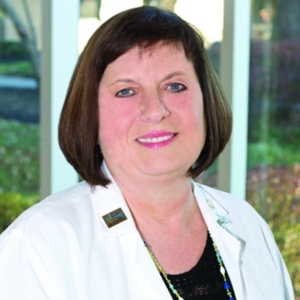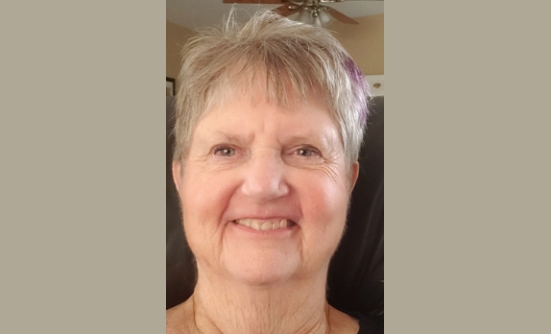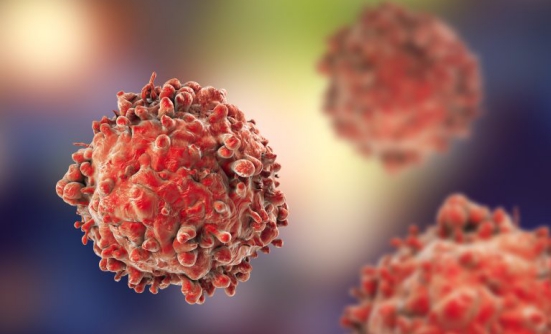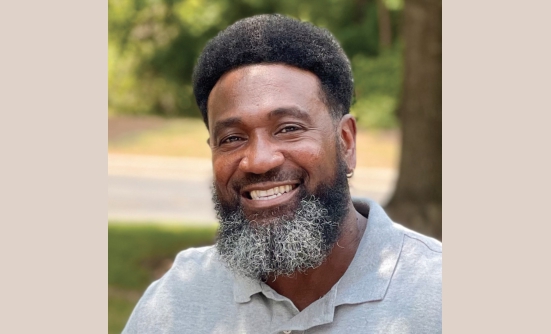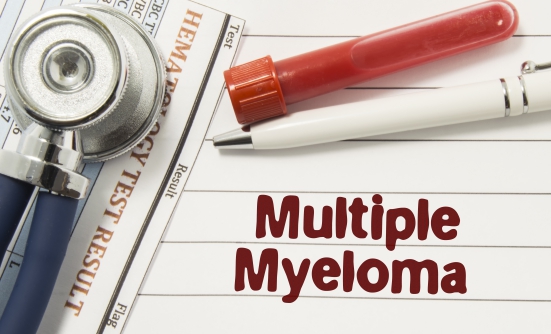When you are first diagnosed with cancer, including multiple myeloma, you probably have many questions. You may ask: Do I have a multiple myeloma specialist close to my home? If not, am I able to travel? Should I consider participating in a clinical trial if I am eligible and my doctor recommends it?
Doctors who are trained to treat cancer are called oncologists. Oncologists specialize in caring for patients with cancer from the time of diagnosis throughout the disease journey. As the leaders of the treatment team, their role includes:
- Explaining the cancer diagnosis and disease stage to patients and their caregivers
- Discussing available treatment options and providing their recommendations
- Helping patients manage cancer-related symptoms and side effects of treatment
- Delivering high-quality and compassionate care.
There are several types of oncologists, including medical, surgical, and radiation oncologists. Medical oncologists manage the care and treatment of patients with cancer. They administer chemotherapy and other types of medication, including targeted therapies and immunotherapies. Targeted therapies act on specific molecular targets that are associated with cancer. Immunotherapy is a treatment that uses your body’s own immune system to help fight cancer.
Surgical oncologists perform surgery to remove tumors. Radiation oncologists attack tumors with high-energy radiation. All of these types of physicians are first trained in internal medicine and then complete several years of additional training to learn how to diagnose and treat cancer.
Some oncologists, known as hematologists, specialize in the diagnosis, evaluation, and treatment of diseases of the blood and lymph (the fluid that circulates throughout the lymphatic system), including cancers such as multiple myeloma.
Who Specializes in Multiple Myeloma?
The confirmation of your diagnosis may take place at a hospital or an oncologist’s office that is close to your home. After confirmation of your diagnosis, you may want to speak with a doctor who specializes in treating patients with multiple myeloma.
Some medical oncologists are “generalists” who treat different types of cancer, including solid tumors, like breast, lung, or colon cancer, as well as blood or lymph cancers, such as leukemia, lymphoma, and multiple myeloma. Although general medical oncologists usually have some experience in managing multiple myeloma, they are typically not considered multiple myeloma experts.
Hematologists, some of whom are affiliated with universities, may subspecialize in a particular type of blood or lymph cancer and may be experts in the treatment of multiple myeloma. Oncologists who focus on the management of patients with multiple myeloma are known as multiple myeloma specialists.
These physicians may be more familiar with the newer treatments for multiple myeloma, and their cancer centers may be more likely to offer stem-cell transplantation or encourage patients to participate in clinical trials of treatments being studied for this disease.
They often also conduct cancer research, and work with other multiple myeloma specialists from around the world. Medical oncologists and hematologists often work with multiple myeloma specialists to ask for their advice for a particular patient.
In a recent survey conducted by Takeda Oncology and The Lynx Group of more than 400 patients with multiple myeloma, most (94%) reported that they see a multiple myeloma specialist. However, the term “specialist” can be interpreted in different ways. As a follow-up to the survey, a group of patients with multiple myeloma, caregivers, advocacy group leaders, nurse practitioners, and nurse navigators gathered at a roundtable meeting to discuss the survey results and provide their insights on several topics, including how to choose the right doctor to treat multiple myeloma. Survey responders might have had a different understanding of what a “specialist” in multiple myeloma means.
The participants said they knew that most patients with multiple myeloma see their local oncologist often, because this is easier in terms of travel. And they may not realize that these oncologists are not specialists in treating patients with multiple myeloma.
Finding the Right Doctor to Treat Multiple Myeloma
The roundtable participants suggested several important factors to consider when choosing the primary oncologist to manage multiple myeloma treatment, including:
- Distance from your home and your ability and desire to travel
- Your insurance plan’s limitations on out-of-network and out-of-state physician consultations
- The doctor’s level of specialization in multiple myeloma
- Your comfort level with the doctor’s treatment approach and “bedside manner”
- How you feel about the other members of the treatment team (nurses, pharmacists, navigators, social workers, office staff), and the overall “vibe” that you feel in the office, cancer center, or clinic.
You may choose more than one oncologist to manage your cancer care (see Figure). For example, you may choose to see a myeloma specialist at a large cancer center when determining your treatment plan, or when key treatment decisions need to be made, such as stem-cell transplant may be a treatment option.

You may also decide to see a local general oncologist for routine day-to-day care, chemotherapy administration (in some cases), and follow-up. In this case, it is very important that the two oncologists communicate with each other to ensure that you receive coordinated care.
Before making a final decision about your oncologist and treatment team, do some research. Several advocacy and patient education organizations offer online resources to help you schedule appointments with oncologists, including experts in the treatment of multiple myeloma. Most health plans also offer profiles and “report cards” for oncologists who are affiliated with the insurance network. Read them to learn how other patients grade the care provided by these physicians.
Interviewing Oncologists
As you and your loved ones speak with oncologists to determine the best course of action, consider the following advice:
1. Prepare a list of questions to ask the oncologist in advance of your meeting
2. Decide ahead of time how you feel about your needs and treatment goals, and then explain this to the oncologist that you interview. How aggressive do you want the treatment to be?
What about your tolerance level for treatment-related side effects?
Or do you want to prioritize your quality of life and physical comfort?
3. Ensure that all these questions are answered completely during the meeting; do not let yourself be intimidated or rushed by the doctor
4. Bring someone you trust to the meeting. That person can provide a second set of ears and make sure that you ask all your questions.
Selecting Your Doctor
After talking with several oncologists, sit down and compare them before making your decision. Consider completing a checklist that includes questions such as:
- What level of experience does the oncologist have in multiple myeloma? How many patients with multiple myeloma has that oncologist treated in the past year?
- Is the oncologist affiliated with a cancer center or university? How easy is it for the oncologist to communicate with colleagues who have a lot of experience with treating multiple myeloma?
- Did the oncologist listen to your questions and concerns? Was he or she genuinely interested in getting to know you and learning about what is important to you?
- How do you feel about the other team members that you met?
- How do you feel about the atmosphere of the office or clinic, the overall “vibe”?
Communicate Your Needs
How you approach your care is up to you. The key is to communicate your needs and preferences to the oncologist as clearly as you can.
Your oncologist must understand the “big picture,” so he or she can tailor the best treatment plan for you.
Advocacy Organizations
These organizations can help you learn more about your disease and find a multiple myeloma specialist:
International Myeloma
Foundation
www.myeloma.org
Multiple Myeloma Research Foundation
www.themmrf.org
Leukemia & Lymphoma Society
www.lls.org
The Myeloma Beacon
www.myelomabeacon.com
Myeloma Crowd
www.myelomacrowd.org






